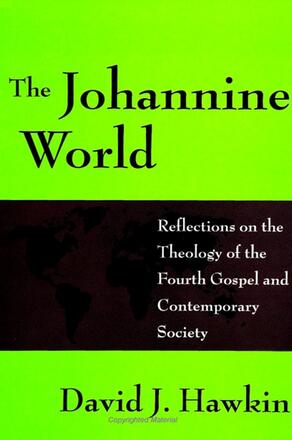
The Johannine World
Reflections on the Theology of the Fourth Gospel and Contemporary Society
Alternative formats available from:
Argues that the Fourth Gospel has “political dimensions” which offer both meaning and challenge to contemporary Christians.
Description
This book argues that within the pages of the Gospel of St. John, one can discern a twofold purpose: on the one hand to secure acceptance within the Church for a unique and radical theology, while on the other hand offering a sustained and unrelenting critique of all ideology.
The Johannine World reassesses some of the recent trends in Johannine scholarship. In much of the discussion, the self-understanding of the community behind the Gospel has either been simply ignored or inadequately understood. A close examination of the Gospel of John reveals, however, that this community self-consciously defined itself as within the broad stream of the Christian tradition. The theology of the Gospel of John is thus not sectarian. Its unique nature lies rather in the fact that it orchestrates themes and motifs such as "truth," "paraclete," and "beloved disciple" to secure acceptance while its sustained theology of revelation offers an unrelenting critique of the ideology of the world. The Gospel thus argues for its own acceptance within the Church but rejects acceptance of the world.
David J. Hawkin is Head of the Department of Religious Studies at the Memorial University of Newfoundland, Canada. His previous books include Gods and Men: A Survey of World Religions; Christ and Modernity: Christian Self-Understanding in a Technological Age and The Word of Science: The Religious and Social Thought of Charles A. Coulson.
Reviews
"Further interpretations of the Fourth Gospel will have to take serious consideration of this presentation. Hawkins gives a balanced and original treatment of the orthodoxy/uniqueness of the gospel. The work is significant in several ways: it addresses some of the central issues of debate in Johannine studies and offers reasoned and balanced interpretations which are new or corrective; Hawkins shows an uncommonly wide familiarity with other fields of study and integrates them with his biblical expertise." — Elizabeth Bellefontaine, Mount Saint Vincent University